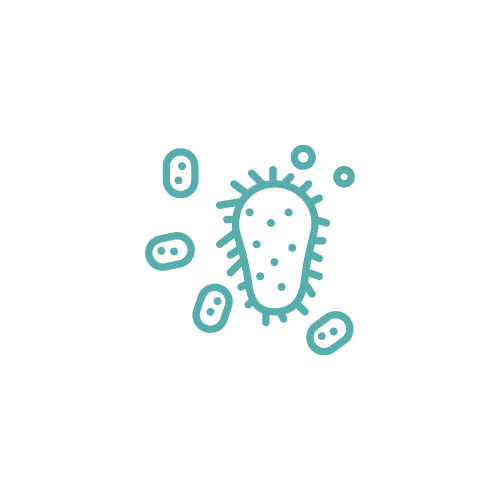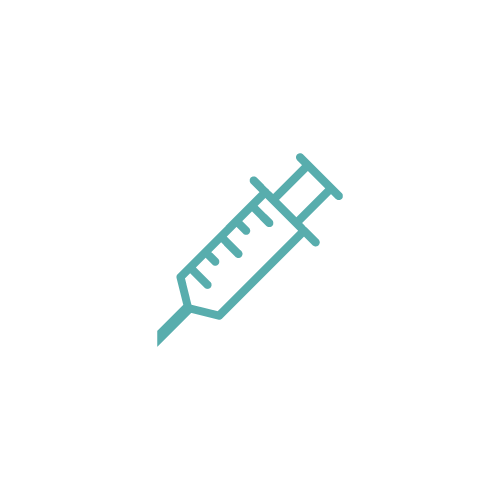WHO Results Report - Programme Budget 2018-2019

Health emergencies
•
key achievements
In 2019, the WHO Health Emergencies Programme investigated 500 events in 140 countries and territories. In its short lifespan of less than four years, tremendous progress was made in its leadership in health emergencies despite the simultaneous challenges of enacting the transformation agenda and the increasing numbers of global crises.
PREPARING FOR EMERGENCIES: PREPAREDNESS PAYS AHEAD OF A PANDEMIC
Epidemics and pandemics threaten health security. In 2019, the first annual report of the Global Preparedness Monitoring Board, an expert panel convened by the World Bank and WHO, warned of an “acute risk” of a pandemic and made it clear that the world was not prepared. Today, as the world reels from the enormous human, economic and social devastation of the COVID-19 pandemic, the need to ramp up preparedness is urgent.
ELIMINATING YELLOW FEVER
In 2019, 59 million people were vaccinated in preventive mass campaigns. During the biennium, 108 million people were protected from Yellow Fever in Africa.
MASSIVE DECLINE IN CHOLERA CASES
At least 41 million doses of oral cholera vaccine were shipped to countries during the biennium. South Sudan ended its longest cholera outbreak – going from 16 000 cases in 2017 to zero cases. Haiti has reported one year free of cholera after almost a decade of infections.
MILLIONS VACCINATED FOR INFLUENZA
Through the Pandemic Influenza Preparedness Framework, more than 400 million doses of pandemic vaccine were secured – over four times the amount available in the 2009 pandemic. WHO raised US$ 200 million to strengthen national preparedness capacities in 72 countries.
CONFRONTING THE MOST COMPLEX OF CHALLENGES
WHO responded to grade 3 emergencies (the highest severity level) in the Democratic Republic of the Congo, Mozambique and Yemen, as well as large-scale emergencies of a protracted nature in Nigeria, Somalia, South Sudan and the Syrian Arab Republic.
During 2019, a total of US$ 83million was disbursed from WHO’s Contingency Fund for Emergencies to fast-track support for WHO’s emergency response activities.
After 18 months of operation, the Democratic Republic of the Congo achieved a zero-case level of Ebola virus disease. Thousands of front-line responders braved considerable risks to defeat the virus, as COVID-19 responders are doing today.
REAL-TIME LEARNING FOR RESPONDERS
By the end of 2019, the OpenWHO.org platform, a new interactive web-based platform, had recorded 150000 registrations resulting in more front-line workers and decision-makers having access to life-saving knowledge in 21 languages.

Approved Programme budget
US$ 554 million

Funds available:
US$ 456 million
(82% of Programme budget)

Expenditure:
US$ 423 million
(76% of approved budget;
93% of available resources)

health emergencies programme

cholera
20.8 million doses of oral cholera vaccine shipped to 10 countries

CHOLERA CASES FELL BY 60% IN 2018
(including in Haiti, Somalia and the Democratic Republic of the Congo)

EBOLA VIRUS DISEASE
300 000 people vaccinated during response operations in the Democratic Republic of the Congo

ZERO-CASE LEVEL OF EBOLA VIRUS DISEASE
achieved after 18 months of operation

YELLOW FEVER
108 million people vaccinated





 Back to homepage
Back to homepage